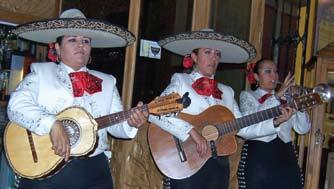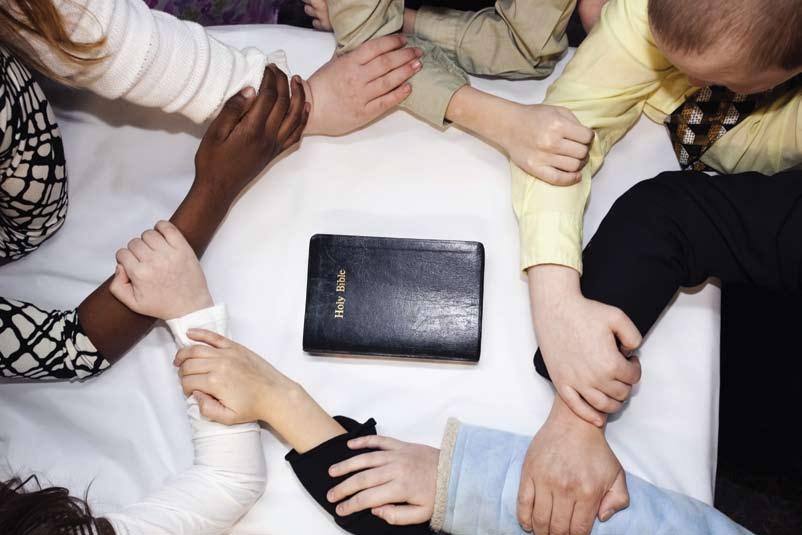generations by Gerald Reimer, Conference Youth Minister greimer@emconf.ca
Kids need true heroes
S
ome weeks ago I skimmed a story in The Winnipeg Free Press that talked about heroes. The journalist had asked a class of fifth-grade students (10- to 11-yearolds) in a Winnipeg school to name their heroes. The children did not have overly unique or vulgar heroes. They mentioned actors, musicians, sports figures, and the like. Nothing unusual.
Is there a problem with this? While I too had sports heroes when I was growing up on a farm in the 70s, the influence of society and pop culture did not affect me much until my pre-teen and teenage years. Today that influence often begins for children as young as five or six years old. This is no coincidence; secular media intentionally targets children and pre-teens out of materialism and greed. By the time kids reach the teen years, they are already enslaved by the media’s influence and are ready to spend huge portions of their money on stuff. Instead of decrying children’s poor choices of heroes, teach and model discernment to the pre-teens and teens in your home. Within a biblical worldview, winning a gold medal does not make a hero. So how does a Godfearing family ultimately decide what type of hero is appropriate for their son or daughter? Take a look at Scripture. Whom does Jesus esteem in contrast to society around him? When Jesus responds to the disciples at the Last Supper in Luke 22:25-27, he
PHOTO: designpics.com
Instead of decrying children’s poor choices of heroes, teach and model discernment.
tells them that the greatest among them should be like the youngest, and the one who rules should be like the one who serves. He himself, he adds, came among them as one who serves. What does it mean to be like the youngest in our midst, the children? It means that we see everyone as equal. When my family spent five months in Mexico two years ago, my wife and I were amazed at our small children’s ability to be completely accepting and non-judgemental. They saw everyone around them through unbiased and non-racial eyes. In God’s economy, there should be no hierarchy; no striving to be like those on the top rung of the ladder. The one we should look up to and emulate is Christ. As Donald Kraybill writes in his book The Upside-Down Kingdom (Herald Press, 1978, 1993), in God’s inverted kingdom, greatness is signified by our willingness to serve. Service to others, Kraybill says, becomes the yardstick of stature in the new kingdom. Perhaps your children know of people who are modeling this type of a humble servant heart. Hopefully, they actually see this modeled for them in their own home. I dare say that this next generation will be much more effective as ambassadors for Christ if they follow the examples of men and women who sacrificially serve, as opposed to many pop culture examples of people who seek to lift themselves up for temporary fame and fortune. Take some time this week to talk to your kids about true heroes.
THE MESSENGER | May 2010
33











